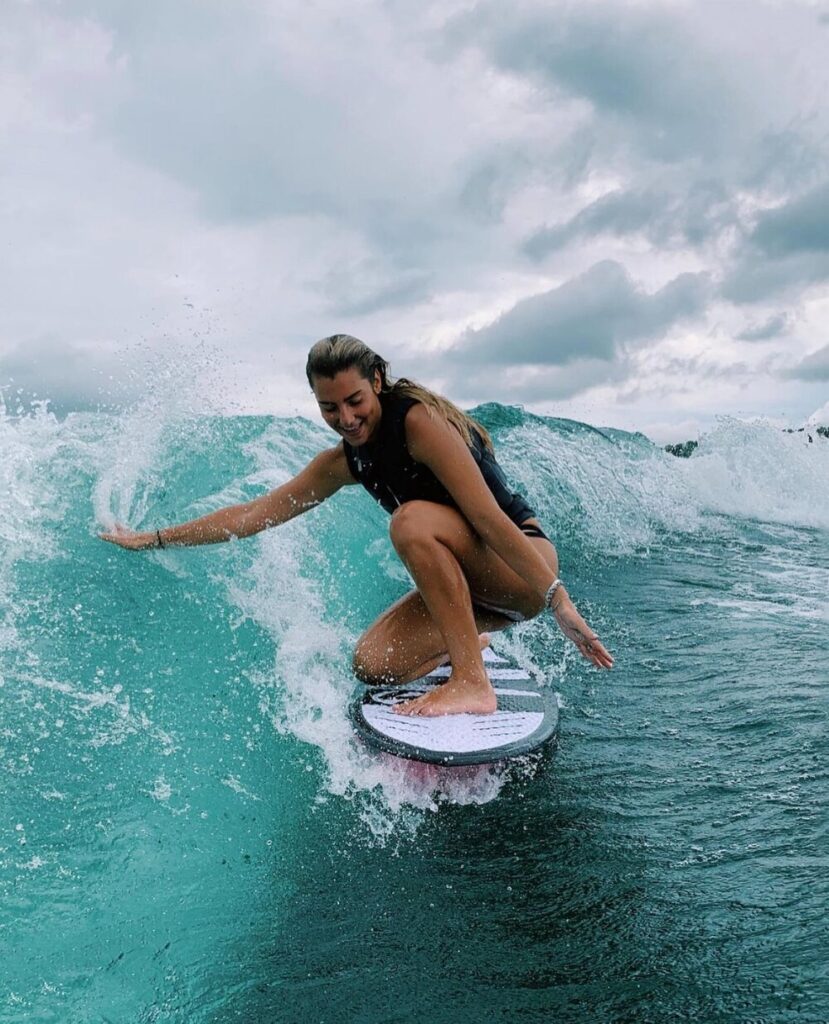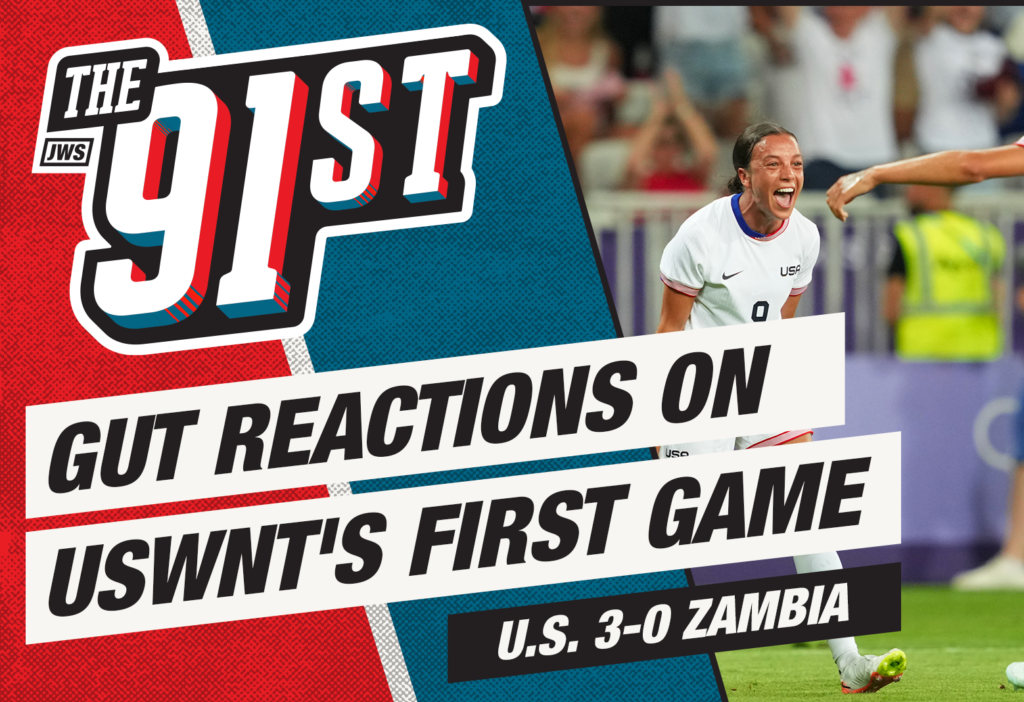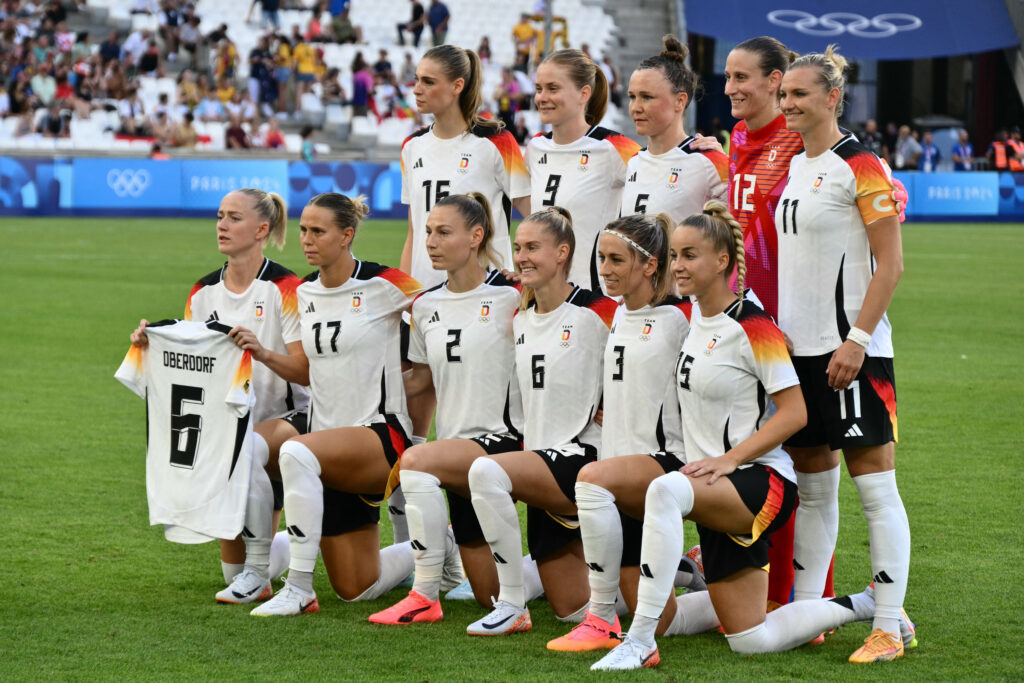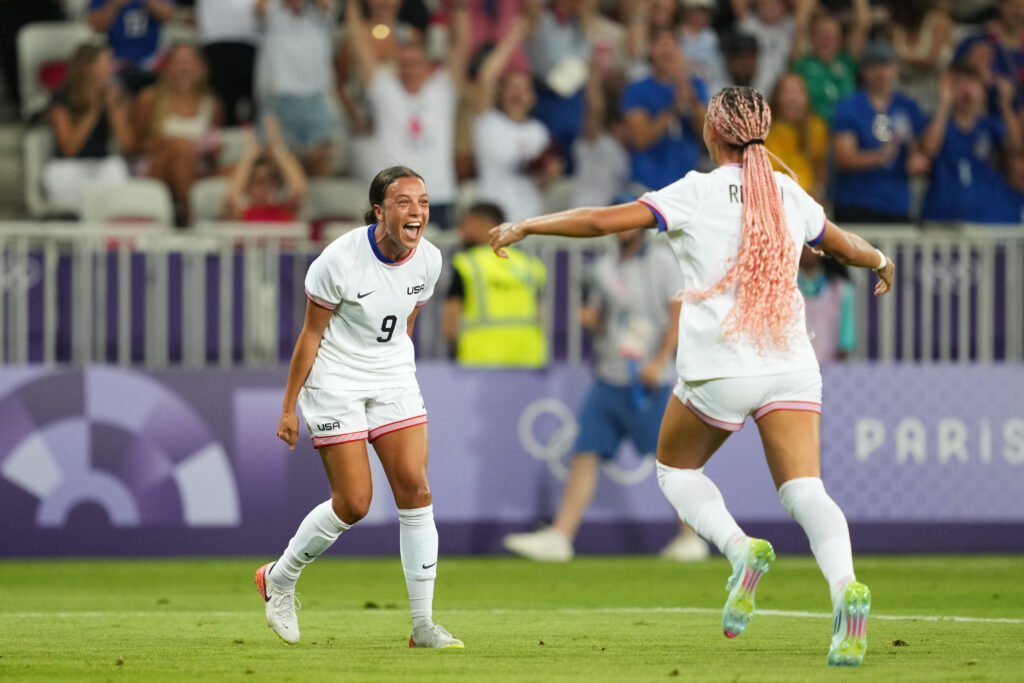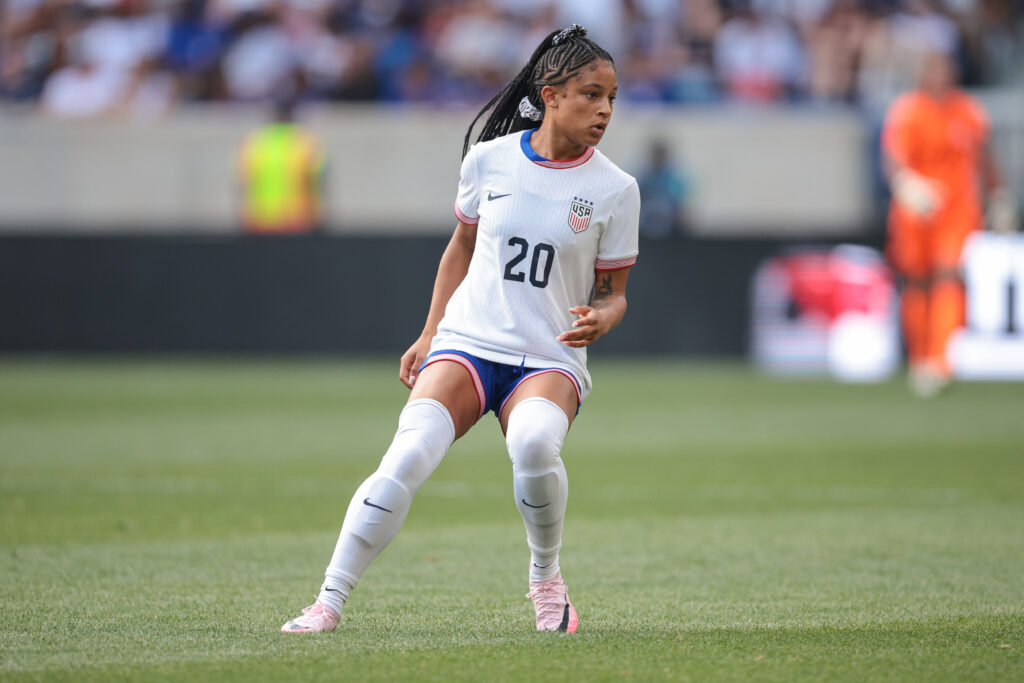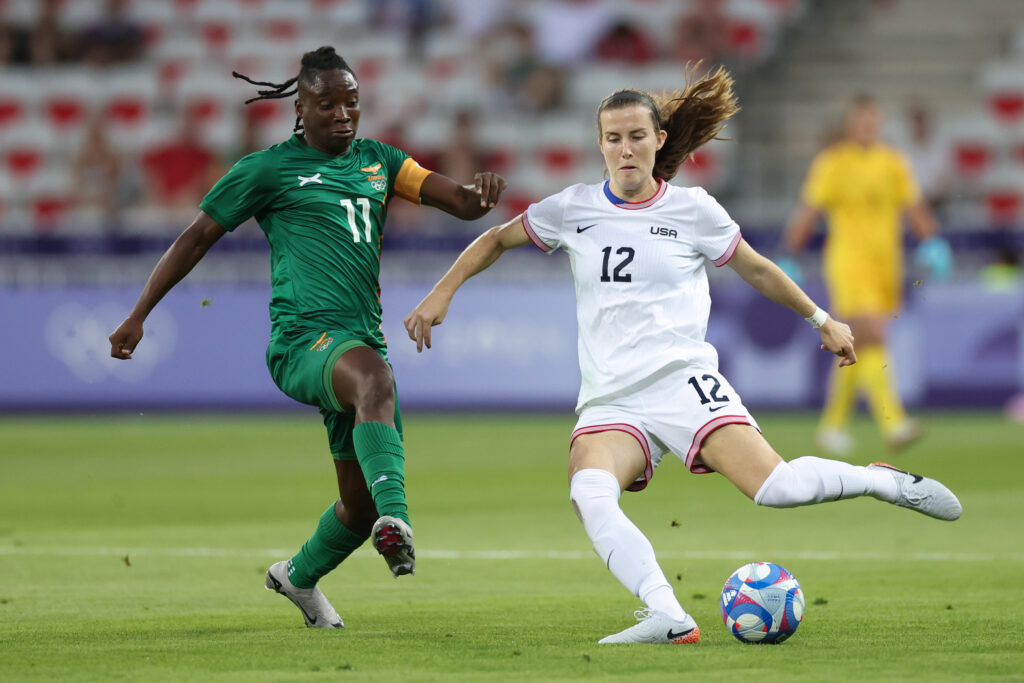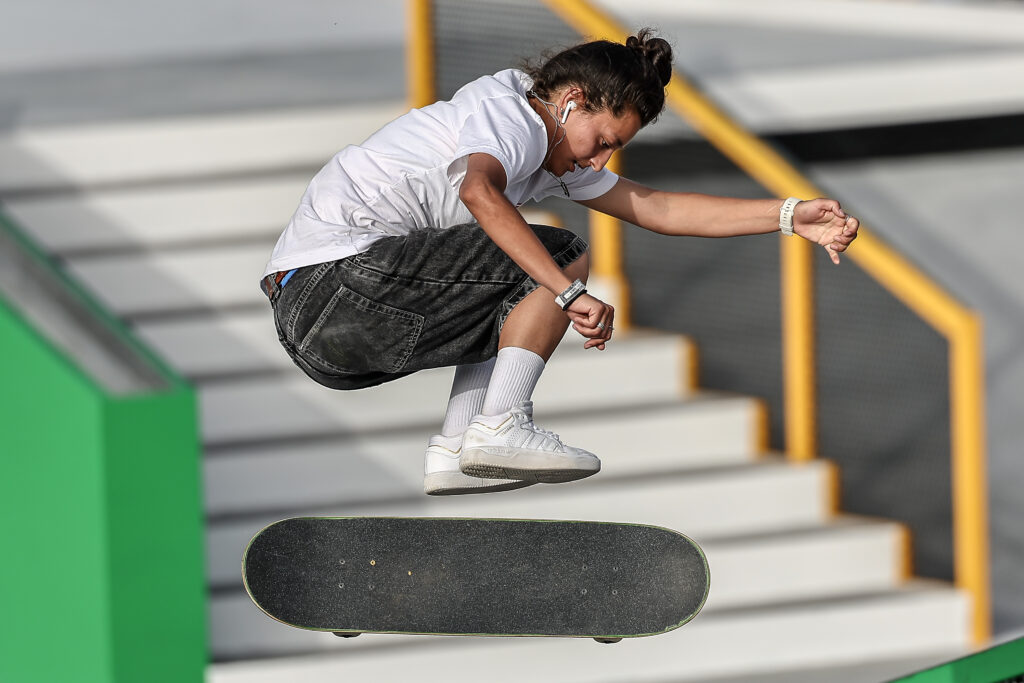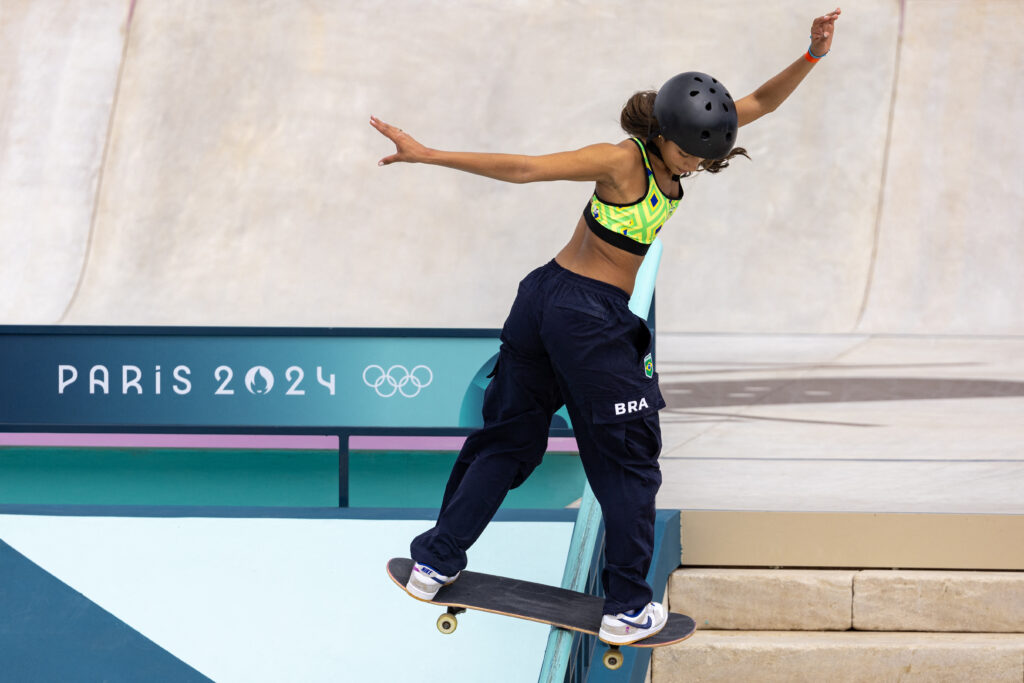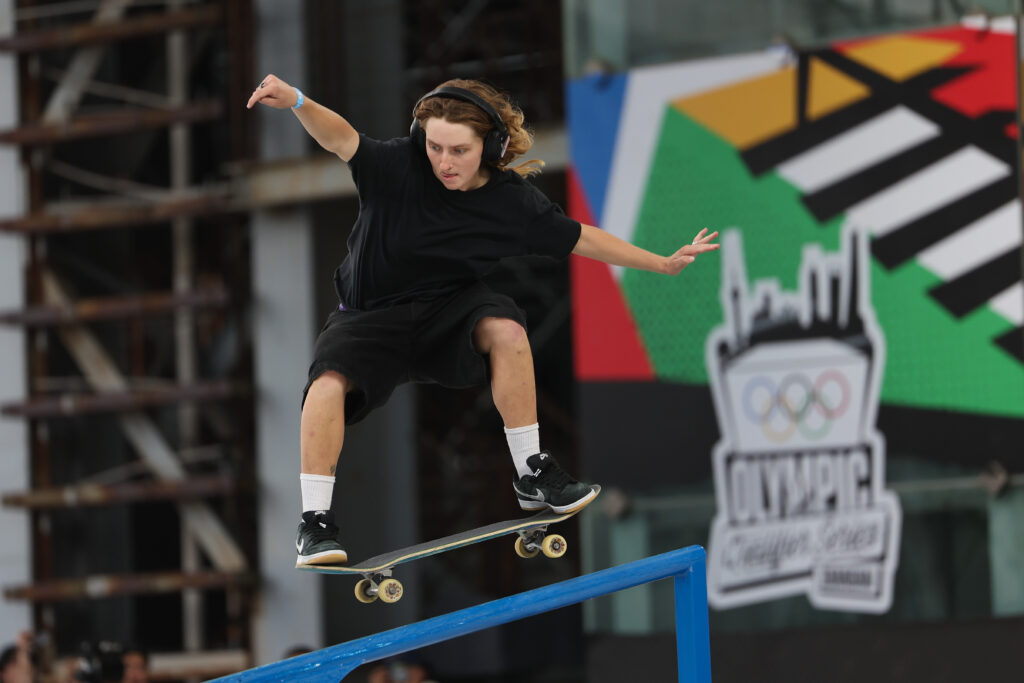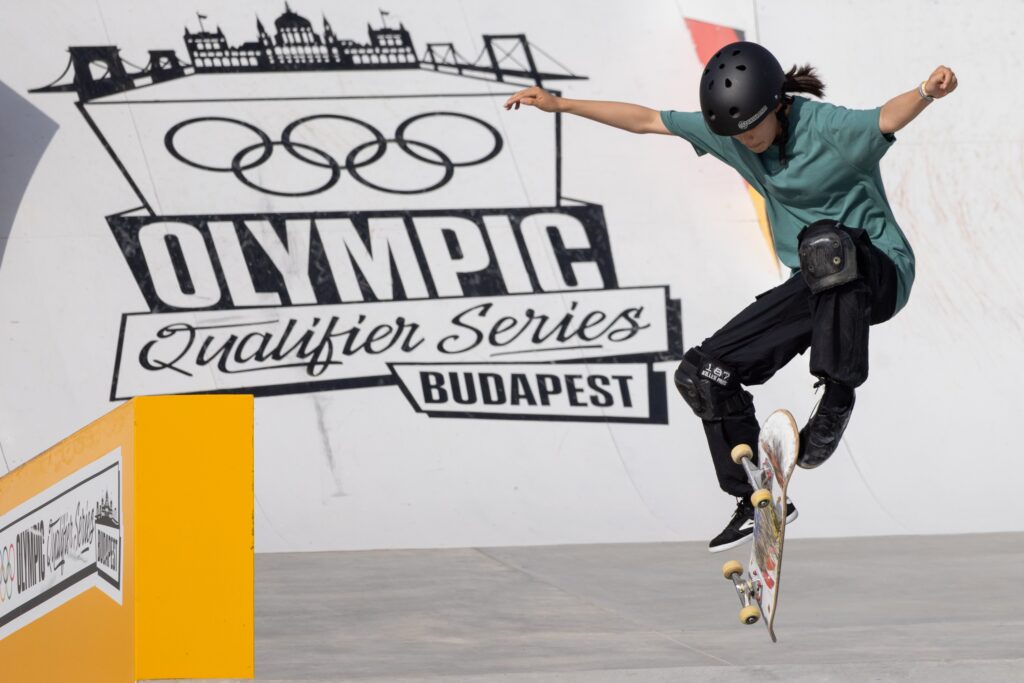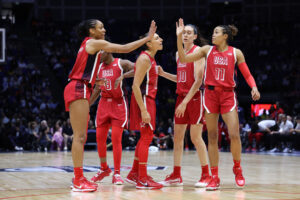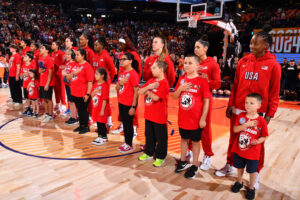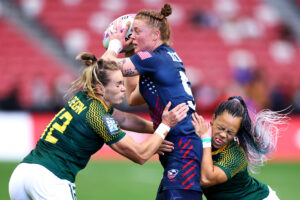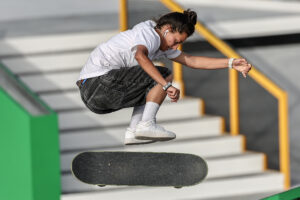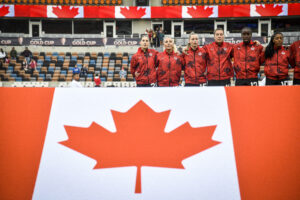Cassidy Gale is a two-time wakesurfing world champion. Just 20 years old, the Michigan native is currently in pursuit of her third world title. She spoke with JWS about her path to success and where she wants to go in the future.
How did you first get into wakesurfing?
I started wakeboarding when I was seven. That was kind of around the time when wakesurfing was just starting. And I tried it, but I was too small. So then I waited a few years and I tried again when I was turning 10. I just did it for fun and I eventually started learning more tricks and stuff. I entered my first competition when I was 15, and from there, I realized that I really liked the competitive side of it. And so I started learning more tricks and setting more goals to learn more and more tricks.
Was anybody in your family like, hey, let’s go try this?
My older brother and my dad would do it. That’s kind of why I wanted to start it, because I watched my older brother do it. I was like, Oh, I want to do that, too. I grew up on a lake in the summers, so we would do every water sport we could.
Did you have any other role models in your sport?
Yeah, when I first started I really looked up to Ashley Kidd, who is still the number one. She was one that I would always watch her videos and try to learn everything that she’s learning. And now we’re competitors. It was definitely surreal when I first turned pro, when I went from watching all those people to being in the same division as them. But it was really cool when I was first starting out.
What does it mean to be a professional wakesurfer in terms of training, competition, and sponsorship?
For me, because I live in Michigan, I obviously can’t train all year round. I think a lot of other pros live in Texas, or Florida, or Georgia, places that they can surf at least nine months out of the year. I have to go down to Florida at the end of February through May so that I can practice for the season, because the season starts in April. It’s definitely a lot of practice. When I’m in Florida in the winter, I’ll try to ride about an hour, every day. And then the same within the summer. That’s harder with competing and traveling, but I try to ride like an hour every day.
My main sponsors are Malibu boats and Tommy’s boats, so that’s a boat dealer and a boat company. For most companies that want to sponsor you, they want you to be at a professional level, or just right below it. Sponsors will support you with products and some of them give you incentives. But most of them want you to be almost at a pro level if it’s a bigger company.
You were a freshman in college when you won your first World Championship. Since then, have you balanced school and competition?
It’s definitely not easy. Starting my junior year of high school, I started going down to Florida in the winter. So in high school, I would do online, and then college I’ve pretty much only done part time. I’m now a sophomore, only studying part time, because I’m really just focusing on training. But it’s definitely a balance. I mean, I’m sure there’s some people that can do it, but it’s just a lot harder when you’re a full time student and you have to surf for an hour a day and work out and travel.
How has COVID impacted your sport and your training?
For training it hasn’t impacted it too much. For competing, almost all of our competitions were online this year. Which is completely different. Mentally, it’s completely different from competing in person. There have always been online competitions but this year it was forced. If you wanted to compete you had to do them online.
I found that super frustrating because how it works is you could film it as many times as you want but your video had to be 45 seconds from the time that you threw the rope. You can do as many tricks as you want, but I found that so frustrating because I could never get it perfect. When you go to a competition you only have one shot and it is what it is, but I found for online, submitting your own video, it took me 300 tries to just get something that I was okay with. But it was definitely a whole different experience this year.
Besides COVID, what is the biggest obstacle you’ve had to overcome so far in your career?
I would say competing in general. I would get really nervous when I first started competing, to the point where I could barely even surf well. I’d surf really well in practice and then once I started competing, I would just get so nervous, and I would choke and I wouldn’t end up riding well. I think that that’s probably the biggest thing that I’ve had to overcome. Just learning over the years how to mentally handle competing and handle the nerves and be able to ride under the pressure.
What really helped me over the years to get over the nerves is just being more confident in my riding. So practicing my specific run, over and over and over, to the point where I was just like, Okay, well, I know I can do it. I’ve done it at home. I can do it here.
You’re already very accomplished, and you’re still really young. What are your goals for the future, both on the water and off?
I think for wakesurfing, it’s obviously to get another world title. That’s probably the biggest goal. Off the water, it still kind of has to do with wakesurfing. I definitely have goals to work with sponsorships with bigger companies. In the future, I want to build enough relationships where I can work at one of those companies or have it translate into another aspect of my life where I’m more working a job versus just being an athlete that is sponsored by them.
How do we get more young girls into wakesurfing?
I think getting them into the sport is so important because I know that wakeboarding is really common. It’s well known, but wakesurfing is fairly new. So I think just getting it more out there and having more people become aware of it, we’ll then get girls into it. I’ve always wanted to do a camp for girls, like a wakesurf camp for girls. It hasn’t happened yet, but that’s always been something that I’ve really wanted to do, whether it’s here in Michigan, or it’s in Florida, or I start up other little camps around the country. That’s definitely something that I think is really necessary to get girls into it.
